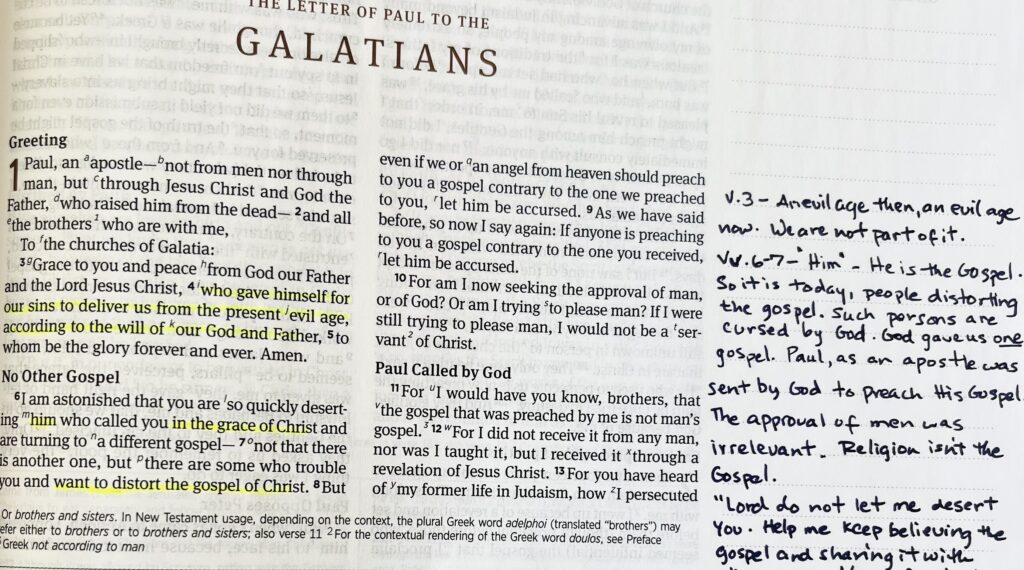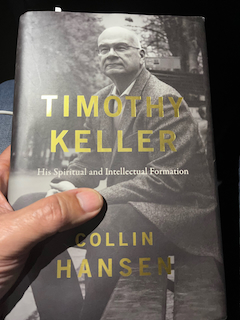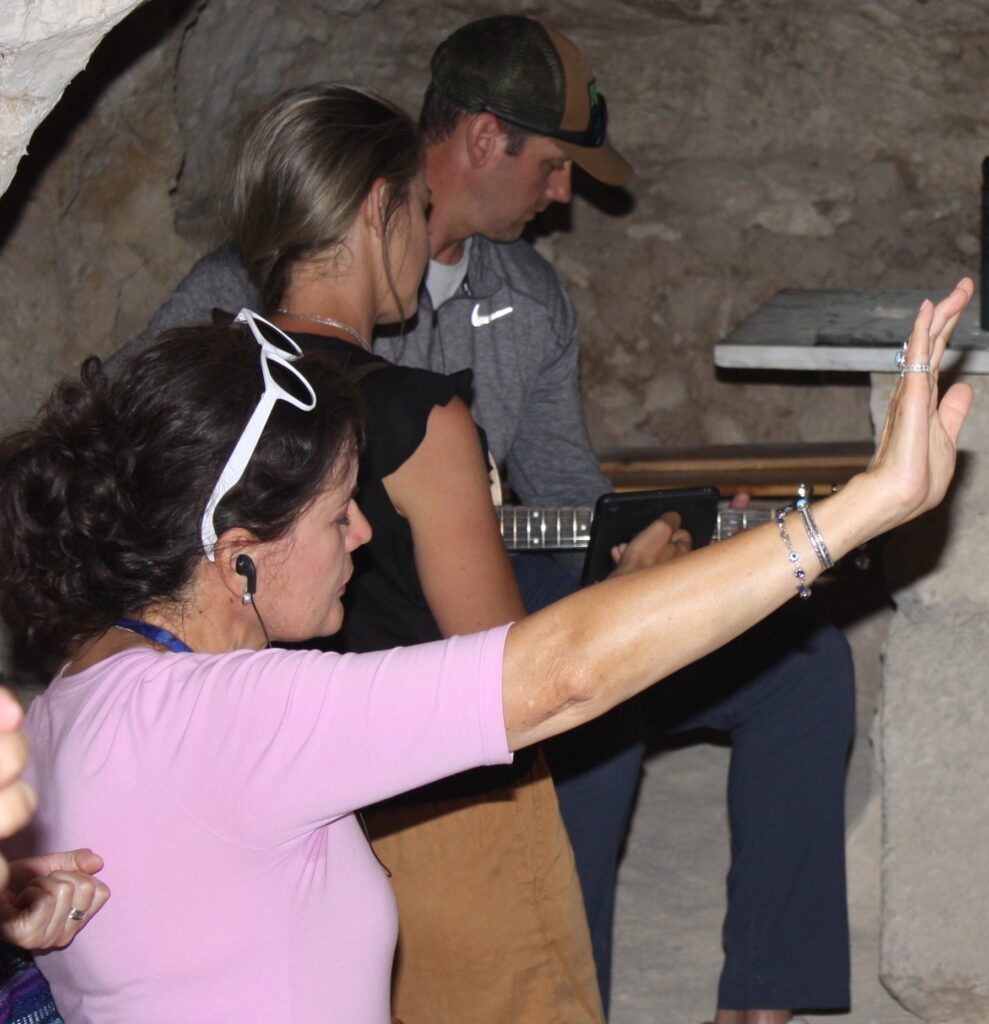 Les Misérables by Victor Hugo
Les Misérables by Victor Hugo
My rating: 5 of 5 stars
Finished listening to the audio book produced by LivriBox. It is free and it offers multiple readers, some better than others but overall good. They have many classics in their library.
This book took me a while to listen, which I mostly did when I was driving to work. I have listened to a dramatized version and loved the story. So, I finally listened to the whole book. Here are some of my thoughts on the book.
***Spoiler Alert***
Of course, it is a masterpiece as other books by Victor Hugo. He was a genius. He could pass as a writer, philosopher, politician and even a religious leader (From what I read about him, I think he was Catholic but not totally committed). His knowledge of all of these topics was short of incredible. Reading his books, one gets more than just a story straight through. Victor Hugo stops, explains, judges events, people, and situations and then continues with his story. Obviously, this makes the books so long and hard to keep going. But I think this is what makes the book fascinating as well. We live in a world where we want a quick story to give us a good emotional jolt and then move on to the next. Not so, with these classics. They make us think and reason about what is happening in our world.
I learned a lot about the social/political/context from Victor Hugo’s times and what he thought about it. The book also shows the moral dilemmas then which are no different now.
One of his themes in Les Misérables is injustice. We see from the beginning when Valjean is put in hard labor prison for stealing a piece of bread because he was hungry. This changes his whole life. The injustice done to Fantine, Cosette’s mother. The injustice to Cosette by the evil Thénardiers.
Injustice can be seen in the social evils due to the lack of opportunities of those that are poor and the advantage of those in power. “Teach those who are ignorant as many things as possible; society is culpable, in that it does not afford instruction gratis; it is responsible for the night which it produces. This soul is full of shadow; sin is therein committed. The guilty one is not the person who has committed the sin, but the person who has created the shadow.”
Evil is real but comes from within us according to Victor Hugo:
“Let us never fear robbers nor murderers. Those are dangers from without, petty dangers. Let us fear ourselves. Prejudices are the real robbers; vices are the real murderers. The great dangers lie within ourselves. What matters it what threatens our head or our purse! Let us think only of that which threatens our soul.”
The Thénardiers are described as such by Victor Hugo,
“There exist crab-like souls which are continually retreating towards the darkness, retrograding in life rather than advancing, employing experience to augment their deformity, growing incessantly worse, and becoming more and more impregnated with an ever-augmenting blackness. This man and woman possessed such souls.”
Injustice can also be seen in the form of the laws implemented in society. These laws, like the one that puts Valjean in jail are no respected of persons or any circumstances. Javert, the police officer, is the personification of this. He lives by the law and dies by the law. His whole life was built around keeping perfect execution of the law. There is no mercy in the law. In the end, when the law conflicts with his experience, he cannot yield. He has to pay his price for violating the law.
Redemption is another theme throughout the book. Valjean whole life is directed by his desire to redeem himself from a convict to a good man. When the priest gives him the candlesticks he says, “Jean Valjean, my brother, you no longer belong to evil, but to good. It is your soul that I buy from you; I withdraw it from black thoughts and the spirit of perdition, and I give it to God.”
Valjean is transformed:
“What the Bishop had wished to make of him, that he carried out. It was more than a transformation; it was a transfiguration.”
His whole life up to his death, Valjean seeks redemption. He lives his whole trying to fix the wrongs in society. He works hard and strives to help the poor and be a good man, but he never be that. It is obvious to Victor Hugo and even the readers that he is a good man. Victor Hugo describes him,
“Jean Valjean had continued this practice; he had come to converse well; he possessed the secret riches and the eloquence of a true and humble mind which has spontaneously cultivated itself. He retained just enough sharpness to season his kindness; his mind was rough and his heart was soft.”
At the end of his life, he gives the two candlesticks to Cosette and says, “I bequeath to her the two candlesticks which stand on the chimney-piece. They are of silver, but to me they are gold, they are diamonds; they change candles which are placed in them into wax-tapers. I do not know whether the person who gave them to me is pleased with me yonder on high. I have done what I could.”
Not only does he give her that but leaves her money to give to the poor. Valjean’s life was lived giving grace and mercy to others, something he never got from anyone except for the priest.
Innocence and love. Cosette is the representation of innocence. Valjean, to keep his promise to the dying Fantine, rescues Cosette from the evil Thénardiers who abuse her. It’s hard to imagine this injustice done to her.
“The fire which illuminated her at that moment brought into relief all the angles of her bones, and rendered her thinness frightfully apparent. As she was always shivering, she had acquired the habit of pressing her knees one against the other. Her entire clothing was but a rag which would have inspired pity in summer, and which inspired horror in winter. All she had on was hole-ridden linen, not a scrap of woollen. Her skin was visible here and there and everywhere black and blue spots could be descried, which marked the places where the Thénardier woman had touched her. Her naked legs were thin and red. The hollows in her neck were enough to make one weep.”
“There he heard a very faint and gentle sound like the breathing of a child. He followed this sound, and came to a sort of triangular recess built under the staircase, or rather formed by the staircase itself. This recess was nothing else than the space under the steps. There, in the midst of all sorts of old papers and potsherds, among dust and spiders’ webs, was a bed—if one can call by the name of bed a straw pallet so full of holes as to display the straw, and a coverlet so tattered as to show the pallet. No sheets. This was placed on the floor. In this bed Cosette was sleeping. The man approached and gazed down upon her. Cosette was in a profound sleep; she was fully dressed. In the winter she did not undress, in order that she might not be so cold.”
When Valjean takes Cosette her life changes.
“Cosette’s face had even undergone a change, to a certain extent. The gloom had disappeared from it. A smile is the same as sunshine; it banishes winter from the human countenance.”
Despite all the injustice she experiences, she is innocent. She is protected by Valjean and kept innocent. Cosette judges no one. Cosette sees the beauty in a garden which she and Valjean have planted and cared for. Cosette loves her adoptive father Valjean. Valjean’s doesn’t think he deserves this love,
“The poor man trembled, inundated with angelic joy; he declared to himself ecstatically that this would last all their lives; he told himself that he really had not suffered sufficiently to merit so radiant a bliss, and he thanked God, in the depths of his soul, for having permitted him to be loved thus, he, a wretch, by that innocent being.”
In the end he says, “The proof that God is good is that she is here.”
There is love also between Cosette and Marius. The purity of their love for each other is evident.
“The future belongs to hearts even more than it does to minds. Love, that is the only thing that can occupy and fill eternity. In the infinite, the inexhaustible is requisite.”
It’s a beautiful story. It’s not an unlikely story for that time and for our times. How do we cope with such a world where injustice, hate and evil coexist with love, beauty, innocence and mercy? Victor Hugo writes, “That is the way God apportions things. He is there on high, he sees us all, and he knows what he does in the midst of his great stars.”
We just don’t know the answers, but we trust God.
The ending of the book had me in tears during the exchange between Valjean, Cosette and Marius. It couldn’t be any better. Valjean’s life comes to an end.
“The night was starless and extremely dark. No doubt, in the gloom, some immense angel stood erect with wings outspread, awaiting that soul.”
Regarding the format of the book, it is strange for us to have volumes and books within books. This is the way Victor Hugo wrote this book. There are five volumes and each volume has books.
A beautiful printed complete edition is found here. An small pocket abridged here. A dramatized version here. Kindle version here.
















